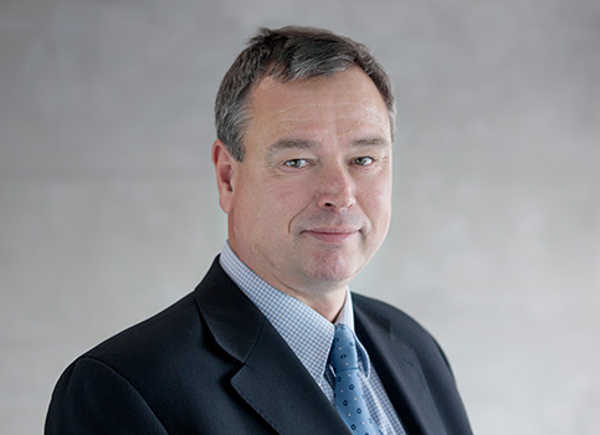After decades of extremely complicated negotiations, Paris proved to be the historic turning point in international efforts to tackle the evident dangers posed by climate change. That’s according to Novozymes chief executive officer Peder Holk Nielsen, who led Novozymes’ delegation at last week’s 2015 United Nations Climate Change Conference in Paris.
“This sends a very strong signal to businesses, investors and markets: Low-carbon technologies will advance, and we need to reduce our use of fossil fuels such as coal and oil. Business cannot succeed in a world that fails; with the Paris agreement, global politicians have finally signaled intent to move our planet towards a low-carbon future. Our politicians have shown courage to reach this agreement – now we must all be courageous to ensure that the enabling technologies behind low-carbon solutions are taken forward.”
Last week’s Paris climate conference, for the first time, achieved a global agreement on reduction of climate change in the new Paris Agreement, which was adopted with acclamation by nearly all countries in attendance. The agreement will become legally binding if at least 55 countries that represent at least 55 percent of global greenhouse emissions become a party to it if ratified between April of 2016 and April of 2017. It is expected to take effect in 2020. According to the organizing committee, the expected key result was to limit the global warming, by 2100, compared to pre-industrial to below 2 degrees Celsius.
“It will of course take some time for everyone to fully digest all the implications of Paris – even for a business like Novozymes that has been engaged with climate issues for many years,” Nielsen said.
“But the signals are clear: Political intent to move the world towards a low-carbon future, and backing for the private sector’s crucial role in tackling climate change to see opportunities in, and establish solutions to enable, a low-carbon world.
“There is a clear opportunity for business to partner and drive innovative low-carbon and energy efficient solutions forward, which will fit very well with the DNA of Novozymes – a company that is all about using biological innovation to allow for more efficient industrial processes, using less chemicals, less water, less energy.”
Implementation of the agreement is now crucial – and that is where Novozymes will spend a lot of its efforts going forward, according to Nielsen.
“It is up to the world’s countries to move forward with their national action plans, where they can select or deselect specific industries and sectors for investment and innovation. We will follow those processes closely. Countries will be on a five-year review cycle, which will – hopefully – support ever-lower emission reductions.
“Novozymes congratulates those who have worked hard to negotiate this unprecedented agreement, which also has seen an unprecedented recognition of the contribution from the business community to which Novozymes and many members of staff, including myself, have been engaged.
“Novozymes has a net-positive carbon impact across all industries and LCA modeling of CO2 reductions. As for specific industries and countries with the most potential on the backdrop of this historic agreement that is currently too early to tell. Again, the national action plans are going to be crucial to now follow – and support.
“We are witnessing a shift in terms of the role of businesses: A realization is now kicking in that climate change represents opportunities, not only costs. We develop solutions to the world’s most pressing problems, we profit from doing so – and invest in solving more problems. That is basically our business model – and more and more companies are starting to realize this approach.”













